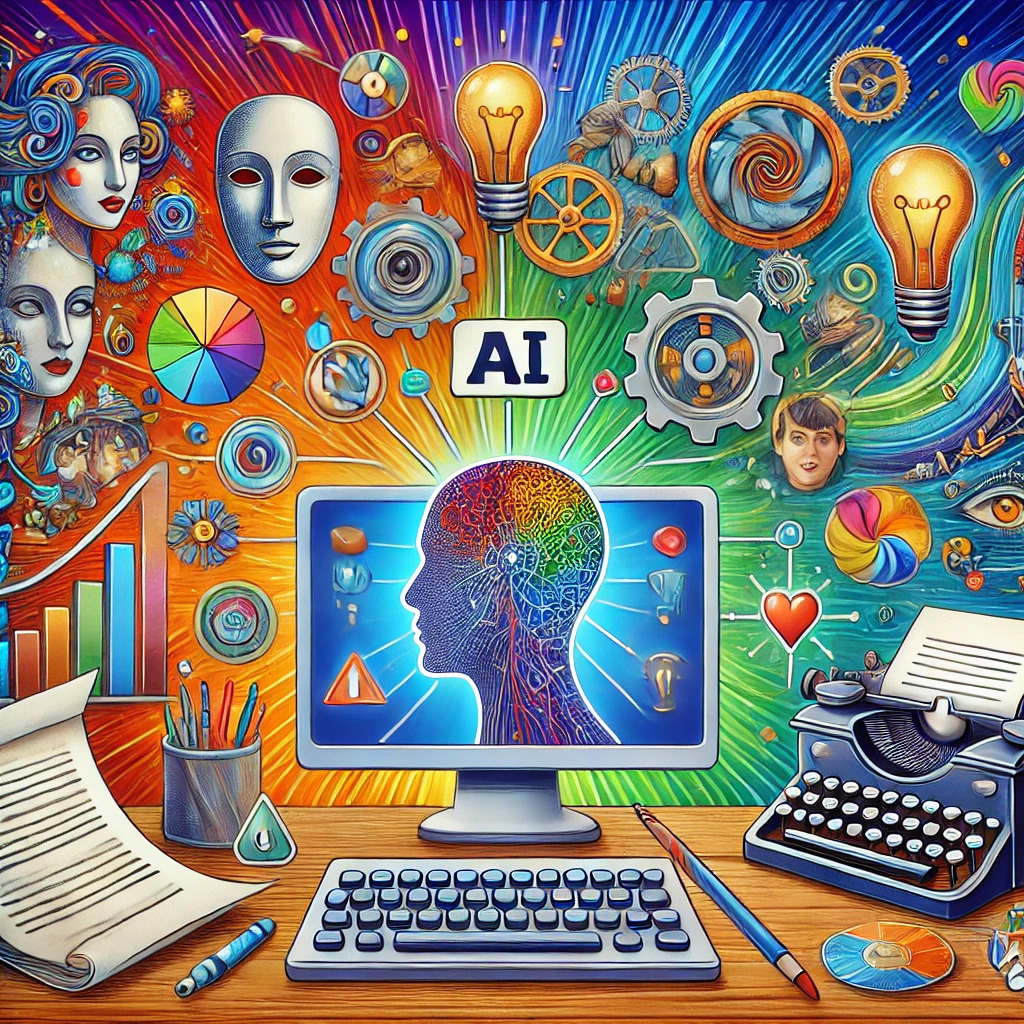Artificial Intelligence (AI) is revolutionizing numerous industries, and scriptwriting is no exception. With advanced AI tools like StoryFit and Largo.ai, the traditional methods of script coverage, analysis, and creation are undergoing significant changes. This article delves into the evolving landscape of AI in scriptwriting, exploring its benefits, challenges, and the industry’s response to these technological advancements.
AI in Script Coverage and Analysis
The Role of StoryFit
StoryFit leverages AI to analyze and provide feedback on various storytelling elements within feature and TV scripts. This innovative approach offers a data-driven, objective analysis that differs from traditional script coverage. According to Monica Landers, founder and CEO of StoryFit, the tool provides insights into character motivations, key dilemmas, emotional styles, and relationship dynamics. For example, the relationship page highlights how often characters appear together, providing a comprehensive view of their interactions.
Mark Goffman, a seasoned writer-producer, has experienced the benefits of StoryFit firsthand. Despite initial skepticism, he found the AI-generated feedback to be specific and actionable, helping him refine his scripts without prescriptive suggestions. Goffman emphasizes the importance of sharing this knowledge to ensure fair dealing and transparency in the creative process.
Largo.ai’s Predictive Script Analysis
Swiss-based Largo.ai, led by Sami Arpa, offers a robust AI platform that categorizes scripts into distinct cinematic DNAs. This includes genre, pacing, character dynamics, casting implications, and audience reactions. Over the past year, Largo has evolved from merely categorizing content to providing actionable insights, enhancing the quality of scripts with a broader range of analytical voices.
Largo’s AI program, trained on an extensive library of over 400,000 pieces of content, offers nuanced predictions on financial performance, casting, and production parameters. While some writers and producers embrace this technology to enhance their work, others express concerns about creativity being stifled by algorithms. Largo advocates for AI as a collaborative tool, complementing human creativity rather than replacing it.
Industry Response to AI Integration
Embracing AI as a Tool
AI’s integration into scriptwriting has received mixed reactions. Some industry professionals view it as a valuable enhancement tool, while others fear it could dilute originality and undermine artistic integrity. For instance, Hanif Kureishi, a renowned author and screenwriter, experimented with AI to co-write with his son. Initially skeptical, Kureishi found AI useful for generating ideas and exploring new directions in the early stages of story development.
AI’s strongest feature lies in the initial, rough stages of story mapping, helping writers navigate the complexities of world-building. However, the consensus among experienced script editors is that AI should be used to complement human creativity, not replace it. Writers must maintain cognitive awareness to avoid falling into clichés and ensure their unique voice remains at the forefront.
Regulatory Considerations and Ethical Concerns
The Writers Guild of America (WGA) has established regulations to govern AI’s use in scriptwriting. These include prohibiting AI from writing or rewriting literary material and ensuring that AI-generated content cannot undermine a writer’s credit. The WGA emphasizes that writers can choose to use AI tools, but companies cannot mandate their use.
These regulations aim to balance the benefits of AI with the need to protect writers’ rights and creativity. However, concerns remain about transparency and the potential for AI to devalue writers’ work. Some industry professionals fear that writers might use AI covertly, avoiding disclosure to maintain credibility.
The Future of Scriptwriting with AI
Enhancing Creativity and Efficiency
AI tools like StoryFit and Largo.ai offer significant advantages in terms of efficiency and creativity. By providing detailed, data-driven feedback, these tools help writers refine their scripts more effectively. For instance, AI can analyze genre elements throughout a script’s running time, allowing writers to compare their work with classic films and identify areas for improvement.
AI also streamlines the editing process, enabling writers to focus on creative choices and emotional experiences for the audience. By automating time-consuming tasks, AI frees up writers to explore new ideas and push the boundaries of storytelling.
Overcoming Challenges and Embracing Change
Despite the benefits, integrating AI into scriptwriting requires overcoming several challenges. Writers must learn to harness AI’s potential without relying on it excessively. The key is to balance AI’s analytical capabilities with human creativity, ensuring that the final output retains originality and emotional depth.
The industry must also address ethical concerns and ensure transparent use of AI. As AI continues to evolve, writers and producers need to stay informed about new tools and best practices, adapting their workflows to incorporate these technologies effectively.
AI Will Touch Everything…
AI is poised to transform scriptwriting, offering powerful tools for analysis, feedback, and creative exploration. While there are challenges and concerns, the potential benefits of AI in enhancing storytelling and efficiency are significant. By embracing AI as a collaborative tool and adhering to ethical guidelines, the scriptwriting industry can navigate this technological evolution and unlock new possibilities for creative expression.


